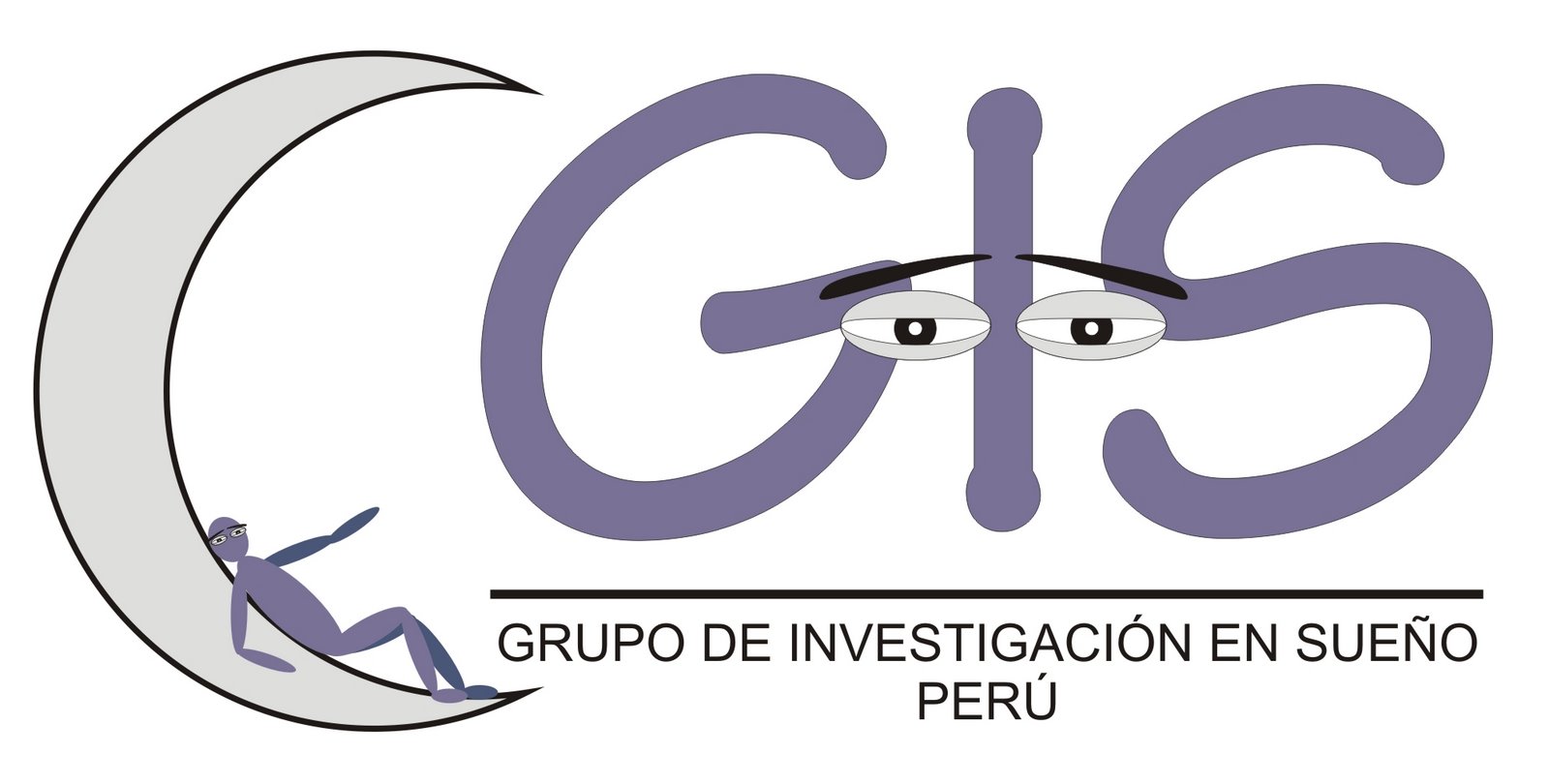Overnight work by attending physicians with <6 hours of sleep was associated with risk for next-day operative complications.
To limit medical errors, the Institute of Medicine released, and subsequently modified, work-hour recommendations for residents. However, little attention has been paid to work hours of attending physicians who supervise residents.
Researchers conducted a matched retrospective study of obstetrical and surgical procedures at a U.S. urban tertiary care academic center. Procedures were identified as postnighttime procedures if they were performed by attending physicians who had performed additional procedures during the preceding night (midnight–6 AM). A total of 919 surgical and 957 obstetrical postnighttime procedures were matched with 3552 and 3945 control procedures (performed by the same physicians, but not after overnight work), respectively. Complications (e.g., surgical site infections, bleeding, wound failures, organ/visceral injuries) occurred in 101 postnighttime procedures (5.4%) and in 365 control procedures (4.9%). For surgical procedures, when surgeons had limited opportunity for sleep (<6 hours) before postnighttime procedures, complications occurred at a significantly higher rate than when sleep opportunity exceeded 6 hours (8.5% vs. 3.1%).
Comment: These data suggest that sleep deprivation puts patients at risk, regardless of their physicians' level of training. Whether these study results extend to other specialties and nonteaching settings is unclear. Academic institutions have struggled to comply with the work-hour limits for residents, and putting restrictions on schedules of attending physicians would be even more difficult to monitor and enforce. Therefore, we should take action ourselves. Academic centers should press faculty to avoid scheduling elective procedures following overnight call; raising awareness about the effects of sleep deprivation, promoting teamwork, and considering use of surgical nocturnists to cover nighttime on-call responsibilities also would be helpful.
— Neil H. Winawer, MD, FHM (Hospital Medicine - Journal Watch)
Artículo original - JAMA
viernes, 13 de noviembre de 2009
Work-Hour Limits for Residents — But What About Attendings?
Suscribirse a:
Enviar comentarios (Atom)




No hay comentarios:
Publicar un comentario